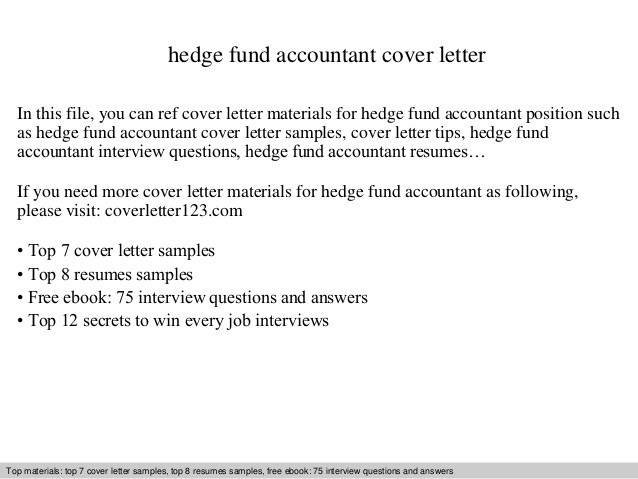5 Careers in hedge funds
Post on: 24 Июнь, 2015 No Comment

Since the first hedge fund opened in 1949, these complex investment vehicles have been popular with investors who scored extraordinarily high returns — and very unpopular with those who lost big in a series of spectacular failures.
Hedge funds get their name from an investment strategy called hedging, in which investors take opposite positions in two different markets to offset risk. Today, however, hedge funds use a wide variety of strategies such as short selling, derivatives, leverage, futures and options.
The goal: absolute return, which means that the investment has to make money, not merely do better than its fund category or index (a strategy known as relative return, commonly used for investing mutual funds). Hedge fund investors generally have to be very wealthy and have significant investment knowledge.
The high-risk, high-reward strategy of hedge funds has made some people very rich. But it hasn’t always paid off, notably during the 2008 recession. That year, nearly 15 percent of hedge funds closed and hedge funds overall lost 18 percent, according to Hedge Fund Research. The big losses prompted widespread criticism and increased scrutiny. For example, in October 2011 the Securities and Exchange Commission approved new disclosure requirements for big hedge funds and other private investment advisers.
But hedge funds aren’t fading away. In fact, so far they have made a strong recovery, with the top-earning hedge fund managers reaping record returns in 2009 and 2010, according to Absolute Return + Alpha Magazine, which covers the industry.
Breaking into this exclusive and highly competitive niche of the financial world requires persistence, top-notch skills and excellent academic and professional credentials. Following are five career paths in hedge funds.
1. Portfolio manager
Portfolio managers (sometimes called fund managers when they work for hedge funds) have a key responsibility: choosing and overseeing the investments that make up a portfolio. They have to watch market conditions closely, assess risks, set market exposure and make hair-trigger decisions about when to buy and sell — and they’re also accountable to investors for the decisions they make.
2. Administrative assistant
Administrative assistants work under portfolio managers, financial analysts, compliance officers, tax specialists and numerous other managers and executives. Their work may include preparing reports and presentations, conducting research or coordinating travel and meetings. Assisting a manager with a heavy workload or top decision-making responsibilities likely requires a four-year degree.
3. Investor relations specialist
Communicating with investors who, in hedge funds, probably have millions at stake — is a delicate task and an important responsibility. Investor relations experts should not only be thoroughly versed in the complexities of hedge fund operations, they should be able to communicate them in a clear, accurate and timely way.
4. Database administrator
With so much money at stake, storing and processing information is critical. Hedge funds typically have highly qualified teams of information technology workers, including database administrators. A recent job listing on CareerBuilder.com for one of the nation’s largest hedge funds sought a database administrator (DBA) with six to eight years of experience and technical skills including SQL server, OLAP database management and Transact-SQL.














